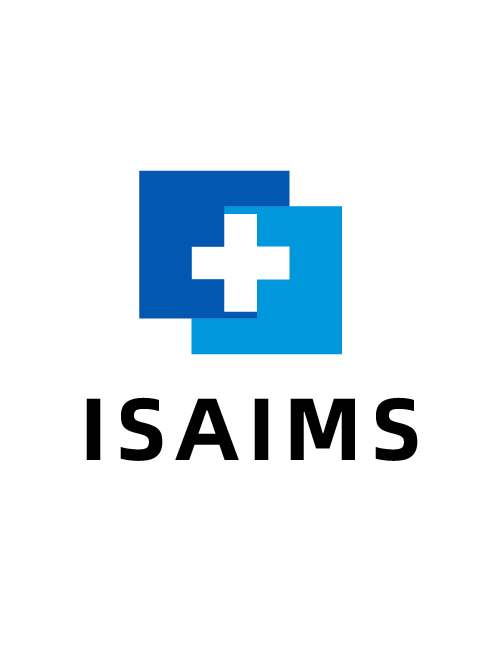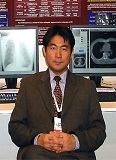

Prof. Kenji Suzuki
Director, BioMedical Artificial Intelligence Research Unit (BMAI), Institute of Innovative Research (IIR)
Vice-Chair, Department of Information and Communications Engineering, School of Engineering
Tokyo Institute of Technology, Japan
Speech title: AI-aided Diagnosis and Virtual AI Imaging in Medicine
Abstract:
Deep learning becomes one of the most active areas of research in many imaging fields, including medical imaging. My group has been actively studying on deep learning in medical imaging in the past 25 years, including one of the earliest deep-learning models for image processing, semantic segmentation, object enhancement, and classification of patterns in medical imaging. In this talk, AI-aided diagnostic systems (“AI doctor”) and deep-learning-based imaging for diagnosis (“Virtual AI imaging”) are introduced, including 1) intelligent AI systems for cancer detection and diagnosis in medical images, and 2) virtual AI imaging systems for separation of bones from soft tissue in chest radiographs and those for radiation dose reduction in CT and mammography. Some of them have been commercialized via FDA approval in the U.S., including the first FDA-approved deep-learning product.
Biography
Kenji Suzuki, Ph.D. (Nagoya University) worked at Hitachi Medical Corp, Aichi Prefectural University, Japan, as a faculty member, in Department of Radiology, University of Chicago, as Assistant Professor, and Medical Imaging Research Center, Illinois Institute of Technology, as Associate Professor (Tenured). He is currently a Professor (Tenured) at Institute of Innovative Research, Tokyo Institute of Technology, Japan. He published more than 350 papers (including 116 peer-reviewed journal papers). He has been actively researching on deep learning in medical imaging and AI-aided diagnosis in the past 25 years, especially his early deep-learning model was proposed in 1994. His papers were cited more than 13,000 times, and his h-index is 55. He is inventor on 38 patents (including one of the earliest deep-learning patents), which were licensed to several companies and commercialized. He published 15 books and edited 16 journal special issues. He has been awarded numerous grants including NIH, NEDO, and JST grants, totaling $17M. He serves as Editors of 34 leading international journals including Pattern Recognition. He chaired 114 international conferences. He received 23 awards, including 3 Best Paper Awards in leading journals.